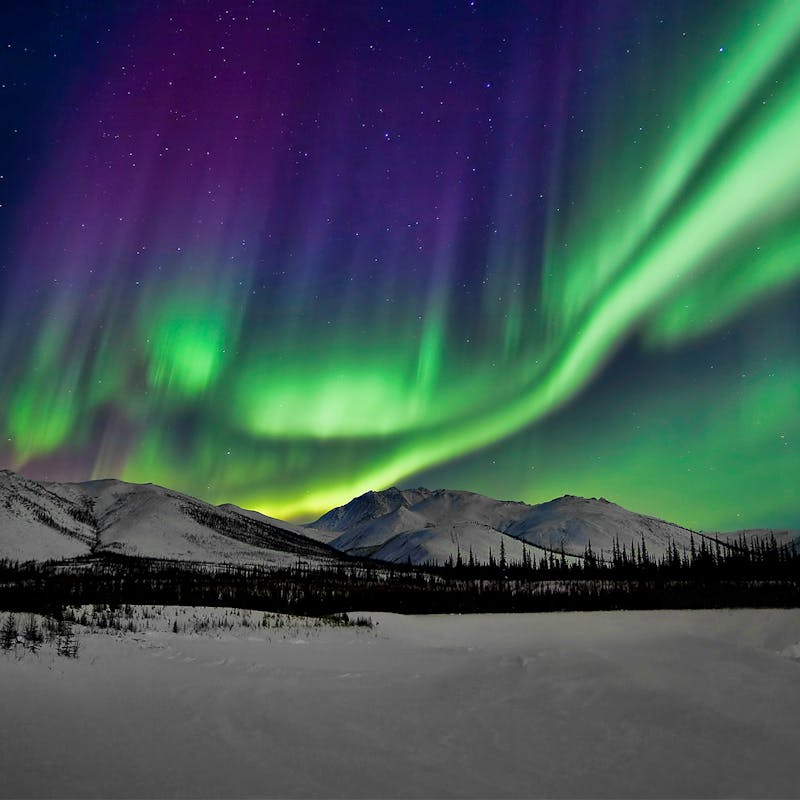Public records obtained by Defenders of Wildlife pursuant to a Freedom of Information Act request reveal that the Department of the Interior is planning a potentially illegal land exchange to remove wilderness wetlands in Izembek National Wildlife Refuge in Alaska from federal public ownership for the construction of a controversial, damaging and unnecessary road.
The Washington Post reported on the controversial proposal.
The following statement is from Jamie Rappaport Clark, Former president and CEO of Defenders of Wildlife:
“These records expose yet another of Secretary Zinke’s secretive, backroom deals to sell off and sell out our public lands and wildlife. We will not stand by and watch while some of the most important wildlife habitat on the planet is sacrificed for surreptitious commercial interests.
“If this proposal, which reflects a terrible abuse of power, is successful in Izembek, then none of our public lands, waters and wildlife will be safe.
“If they can pull this off in Alaska, the entire Lower 48 is at risk.”
For over 75 years, Defenders of Wildlife has remained dedicated to protecting all native animals and plants in their natural communities. With a nationwide network of nearly 2.1 million members and supporters, Defenders of Wildlife is a leading advocate for innovative solutions to safeguard our wildlife for generations to come. To learn more, please visit https://defenders.org/newsroom or follow us on X @Defenders.
Media Contact
News

Study Led by Defenders of Wildlife Scientist Shows Noise Pollution Impacts on Migratory Birds

